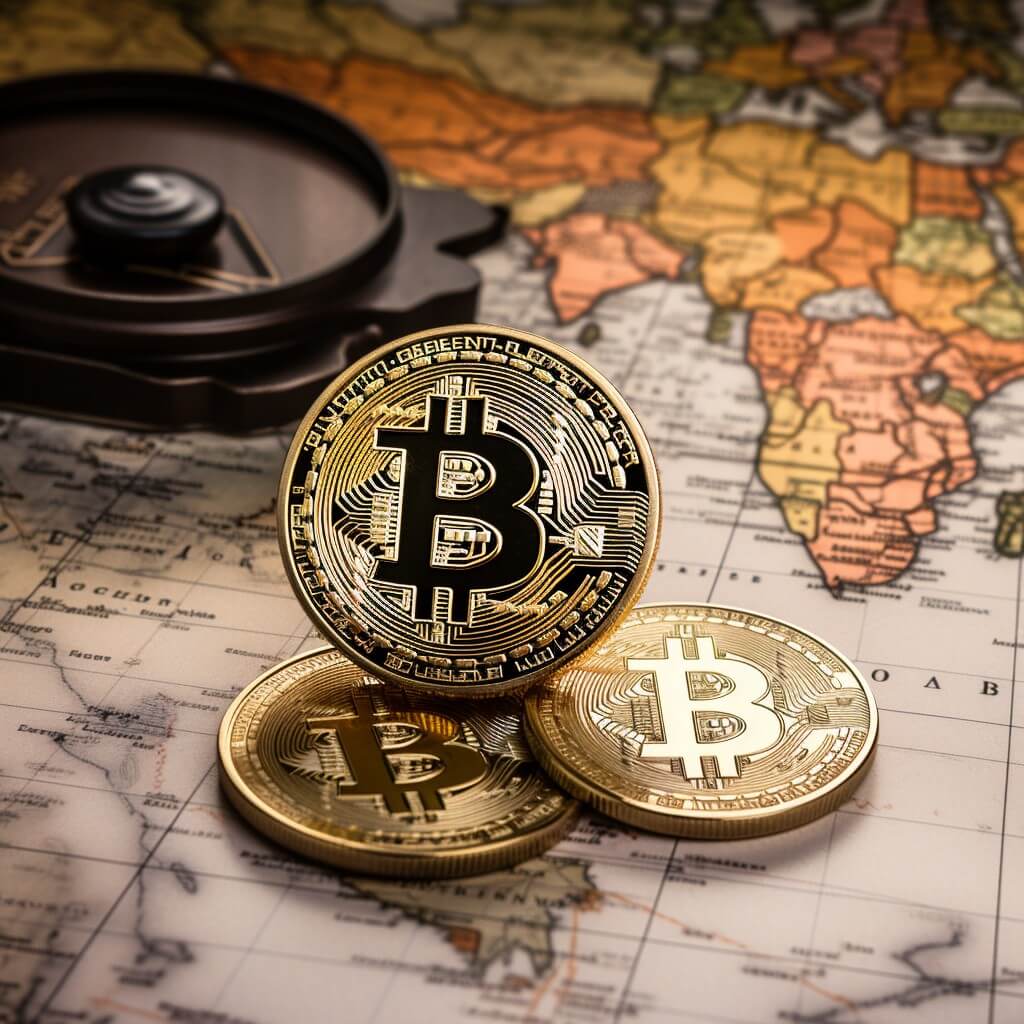In a significant move aimed at revamping the governance dynamics of Uniswap, the leading decentralized exchange platform, the Uniswap Foundation has put forth a proposal that seeks to introduce a series of enhancements designed to foster a more engaged, thoughtful, and actively participating community of UNI token holders.
The proposal, if adopted, promises to reshape the incentive structure within the Uniswap ecosystem, thereby potentially altering the trajectory of its governance model and, by extension, its market performance.
Uniswap Foundation elevating governance through incentives
At the heart of the Uniswap Foundation’s proposal is a clear objective: to elevate the standard of governance by incentivizing UNI token holders not just to delegate their tokens but to do so in a manner that is both thoughtful and active. The foundation’s plan includes a revision of the fee mechanism to offer rewards to users who delegate and stake their UNI tokens on the platform. The move is anticipated to engender a more dynamic and participatory governance environment, where token holders are motivated to select delegates who demonstrate a proactive and insightful engagement with the protocol’s growth and success.
The Uniswap Foundation articulates its vision with enthusiasm, noting, “We’re excited to invigorate governance — incentivizing not only delegation but thoughtful and active delegation — by tying delegation to protocol fees.” This statement underscores the foundation’s belief that by linking rewards to the act of delegation, UNI token holders will be more inclined to choose delegates who are genuinely invested in the protocol’s prosperity and long-term viability.
A snapshot vote and market response
The procedural roadmap for the proposed changes involves two critical voting milestones. A snapshot vote is slated for March 1, followed by an on-chain vote on March 8. These votes represent pivotal moments for the Uniswap community, offering a chance for UNI token holders to voice their support or opposition to the proposed governance enhancements.
The announcement of the proposal has already made a tangible impact on the market valuation of the UNI token. In the immediate aftermath of the proposal’s revelation, UNI experienced a remarkable surge in its price, jumping over 47% from $7.11 to $10.47 at 9:52 a.m. ET on February 23, as reported by The Block Price Page for UNI. The surge reflects a substantial 42.53% price increase over the preceding 24 hours, signaling a positive market response to the Uniswap Foundation’s initiative.
Implications and outlook
The Uniswap Foundation’s proposal is not merely a strategy for enhancing governance through incentivization; it is a forward-looking vision that seeks to harmonize the interests of UNI token holders with the long-term growth and success of the protocol. By advocating for a more engaged and discerning delegation process, the foundation aims to cultivate a governance model that is both responsive and responsible, ensuring that decisions reflect a comprehensive understanding of the protocol’s challenges and opportunities.
As the Uniswap community prepares to cast their votes in the upcoming snapshot and on-chain voting, the broader implications of the proposal loom large. A successful implementation could set a precedent for other decentralized finance (DeFi) projects, highlighting the potential of incentive structures to drive active and informed participation in governance processes. Moreover, the market’s enthusiastic response to the proposal underscores the critical role of governance innovations in shaping investor sentiment and the valuation of digital assets.
Conclusion
The Uniswap Foundation’s proposal represents a pivotal moment in the evolution of decentralized governance. By proposing an incentive scheme that rewards thoughtful and active participation, the foundation is not only seeking to enhance the governance model of Uniswap but also aiming to contribute to the broader discourse on the importance of engaged community participation in the DeFi sector. As the Uniswap community and the wider DeFi ecosystem watch closely, the outcome of the upcoming votes could herald a new era in the governance of decentralized platforms, where incentivization and engagement converge to foster growth, innovation, and success.





